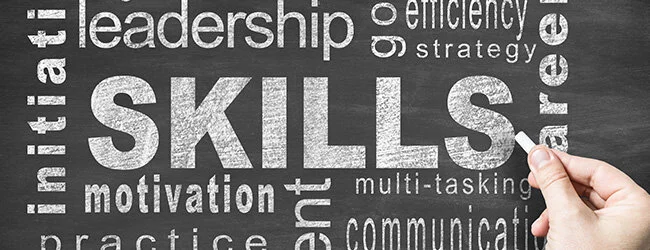c/o LinkedIn
Trust and safety are essential in a coaching relationship because our brains are constantly scanning for perceived threats or rewards. The amygdala plays a crucial role in this process, as it interprets sensory data from our environment to anticipate potential outcomes. When a situation feels unsafe or uncertain, the amygdala triggers a stress response, which can hinder our ability to think clearly. In contrast, the prefrontal cortex—responsible for executive functions such as deep thinking, problem-solving, decision-making, and memory—operates most effectively in a psychologically safe environment. This is why creating trust and safety in coaching is vital; it allows the prefrontal cortex to function optimally, enabling meaningful reflection and growth.




